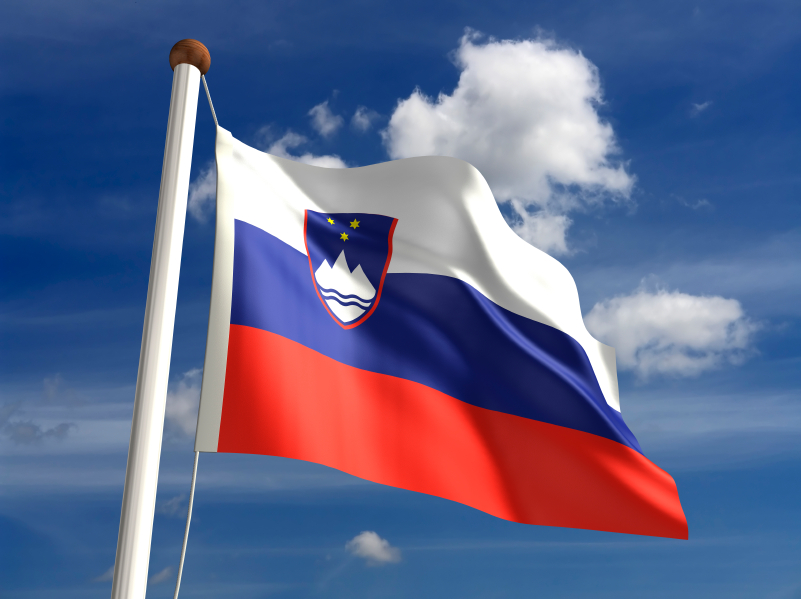Higher Education in Slovenia

Educational system
Higher Education visokošolsko in Slovenia is offered by a combination of public and private universities and several other institutions. As well, there is a well-integrated system of vocational training to pan-European standards, offered as two-year programmes by Vocational Colleges. Graduates of these colleges can proceed into full Higher Education institutions to continue their studies to a higher level.
University Univerza
- These are autonomous public or private bodies, offering all three levels of degrees and carrying out scientific research. They offer degrees across a wide range of disciplines, including arts.
- There are three state universities in Slovenia: in Ljubljana, Maribor and Primorska. In addition there are two private universities: Nova Gorica and the recently-established Euro-Mediterranean University (EMUNI), in Portorož.
Faculty Faculteta
- Faculties specialize in one or more interrelated scientific fields, doing research and giving education. They must offer at least two levels of degrees, first and second cycle, or second and third cycle.
- Faculties may be sections of universities or independent institutions.
Academy Akademija
- Academies offer arts training in one or more interrelated fields. Like the Faculties they must offer at least two levels of degrees.
Higher Professional Colleges
- These colleges continue the activities of the Vocational Colleges and must offer at least a degree programme. Training is in trades and occupational fields.
- Some may also carry out research, in which case they will also offer a Master’s programme. This research may be independent or carried out in cooperation with universities.
Admission Procedures
Students in Slovenia entering HEIs must possess the school-leaving examination, the matura, awarded by the various secondary schools. In some cases there may be additional entry requirements. For example Academies of Arts, Architecture an Sports may require a talent test and may even admit exceptionally gifted students who do not meet the formal entry requirements. Graduates of Vocational Colleges may enter in the second year of HEI programmes, although they may be required to take bridging programmes if they lack certain necessary areas of knowledge.
EU and EEA students are covered under the Lisbon Convention and may enter a Slovenian HEI if they are qualified to enter one in their own country. EU students must obtain a residence permit if staying longer than three months but this cannot normally be refused. Foreign students from outside the EU area must obtain an entrance visa before arriving in Slovenia. They must then apply for a residence permit if they are staying longer than three months. To obtain this they must show payment of all tuition fees, payment of health care, a medical certificate and proof of language ability. Proof of income of at least 250 € a month is required. Foreign qualifications, or degrees if entering a higher-level programme, must have been formally recognized by Slovenia.
Foreign students taking courses taught in Slovene must have proof of language proficiency, normally to the European standard B2 level. Students entering without this proficiency can attend separate language school for their first year. Students enrolling in certain programmes, particularly language courses, may be able to study Slovene during the first year of their programme but must prove their proficiency before moving on to the second year. Courses in other languages, especially English, are becoming more common, and at EMUNI all the courses are taught in either English, French or Arabic, rather than in Slovene.
Slovenia participates in the European Credit Transfer and Accumulation System (ECTS) which allows students from EU countries to use credits from other universities towards a degree in Slovenia.
Bachelor’s Degree (first-cycle degrees)
- Most undergraduate degrees last for three years.
- Degrees in art, sociology and teacher education take four years.
- Most programmes concentrate on a single field, but dual field studies are also possible.
- Students receive the diplomirani.
Master’s Degree (second-cycle degrees)
- Students must hold a Bachelor’s degree from an HEI to be admitted to a Master’s programme.
- A Master’s typically takes two years to complete, with the accumulation of 60 to 120 credit points depending on the field. This is referred to as a short-cycle programme.
- Long-cycle Masters are of two types: six-year programmes cover Medicine, Dentistry and Veterinary Medicine and five-year programmes cover Architecture, Theology and Pedagogical Mathematics.
- Graduates are normally referred to as magister/magistrica with the speciality added, but medical and dental graduates are doctor/doktorica.
Doctoral Programmes (third-cycle degrees)
- Doctorates are offered in most fields. They normally require three years to complete.
- Relevant lower degrees – Bachelor’s and Master’s - are required for admission.
- Graduates are referred to as doctor znanoski.
